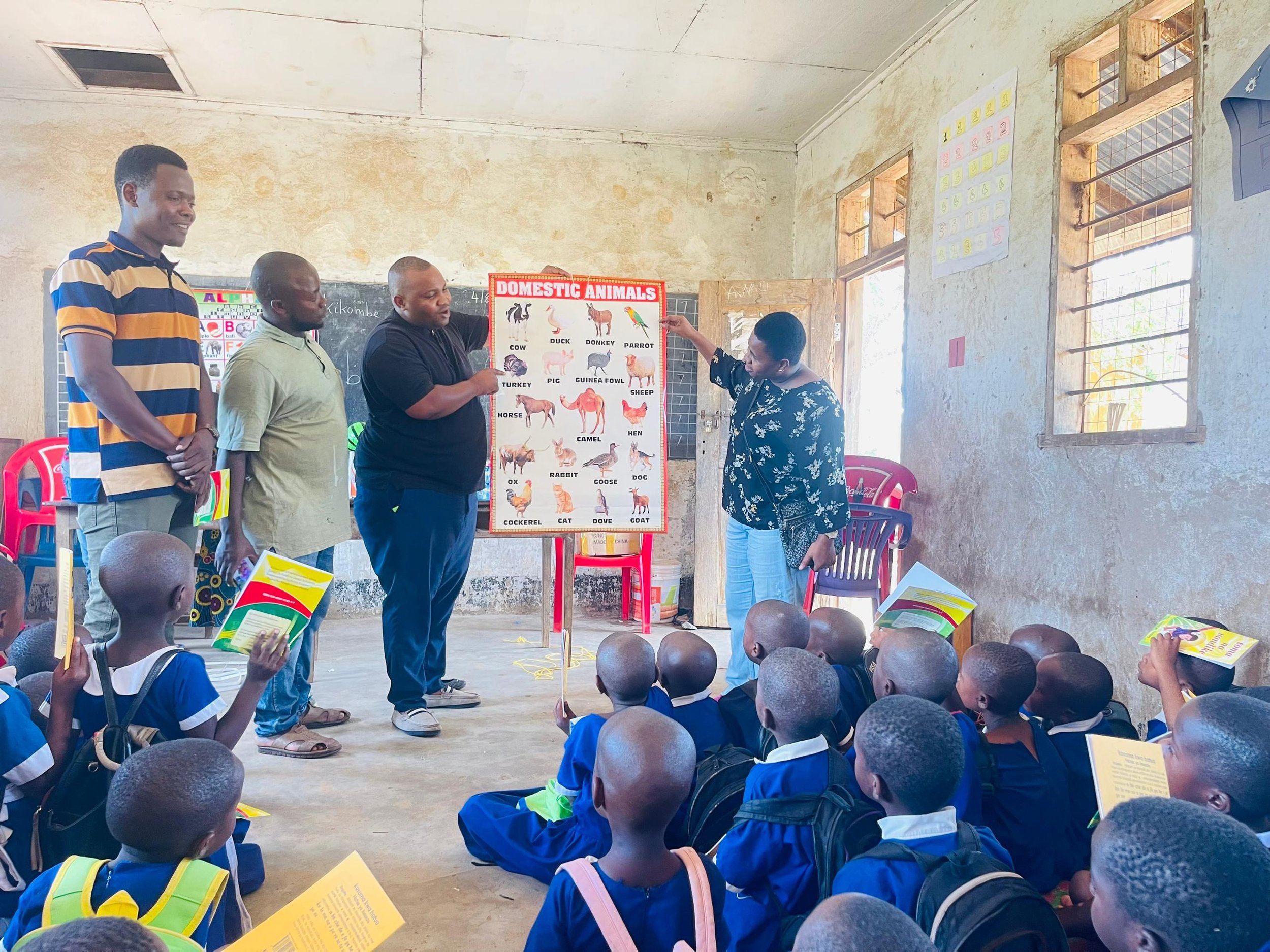Our Speciality Area
Focusing on awareness, school environment, and learning materials in our early education awareness organization is a comprehensive approach that can significantly impact the quality of education children receive. Here's how we effectively emphasize each of these areas…
-
Raising awareness is the foundation of our organization's mission. To achieve this, we consider the following strategies:
Community Workshops: We organize workshops, seminars, and webinars for parents, caregivers, and community members. These sessions provide insights into the importance of early education and its long-term benefits.
Online Campaigns: We Utilize social media platforms, blogs, and websites to share informative articles, success stories, and engaging infographics about the crucial role of early education.
Collaborations: We Partner with local schools, libraries, and community centers to host events highlighting the significance of quality early education. These collaborations amplify our message.
-
Creating a conducive learning environment is essential for a child's overall development. Here's how we focus on this aspect:
Teacher Training: We Offer professional development workshops to educators to enhance their understanding of child development, teaching methodologies, and classroom management techniques.
Inclusive Practices: Advocate for inclusive education by promoting classrooms catering to diverse learning styles and abilities, ensuring every child feels valued and supported.
Safe and Engaging Spaces: Collaborate with schools to improve physical learning spaces, making them visually appealing, interactive, and safe for exploration.
-
Access to quality learning materials is crucial for nurturing a child's curiosity and cognitive development. Here are ways to emphasize this area:
Resource Libraries: Establish resource libraries with age-appropriate books, educational games, and interactive materials that encourage hands-on learning.
Digital Resources: Develop or curate digital content, such as educational apps and online platforms, to supplement traditional learning materials and adapt to evolving technology trends.
Community Donations: Encourage donations from individuals and businesses to provide schools with necessary learning materials. This can involve books, art supplies, science kits, and more.
Play-Based Learning: Since you mentioned "play-based," integrating play into our approach can greatly enhance the learning experience:
Structured Play Activities: Design play-based activities that align with educational goals. These activities can foster creativity, problem-solving skills, and social interactions.
Playgrounds and Playrooms: Advocate for creating well-designed gardens and indoor play spaces in schools. These areas can serve as settings for both structured and unstructured play.
Parent Involvement: Educate parents about the importance of play in early childhood development and provide them with ideas for incorporating play into their child's daily routine at home.

